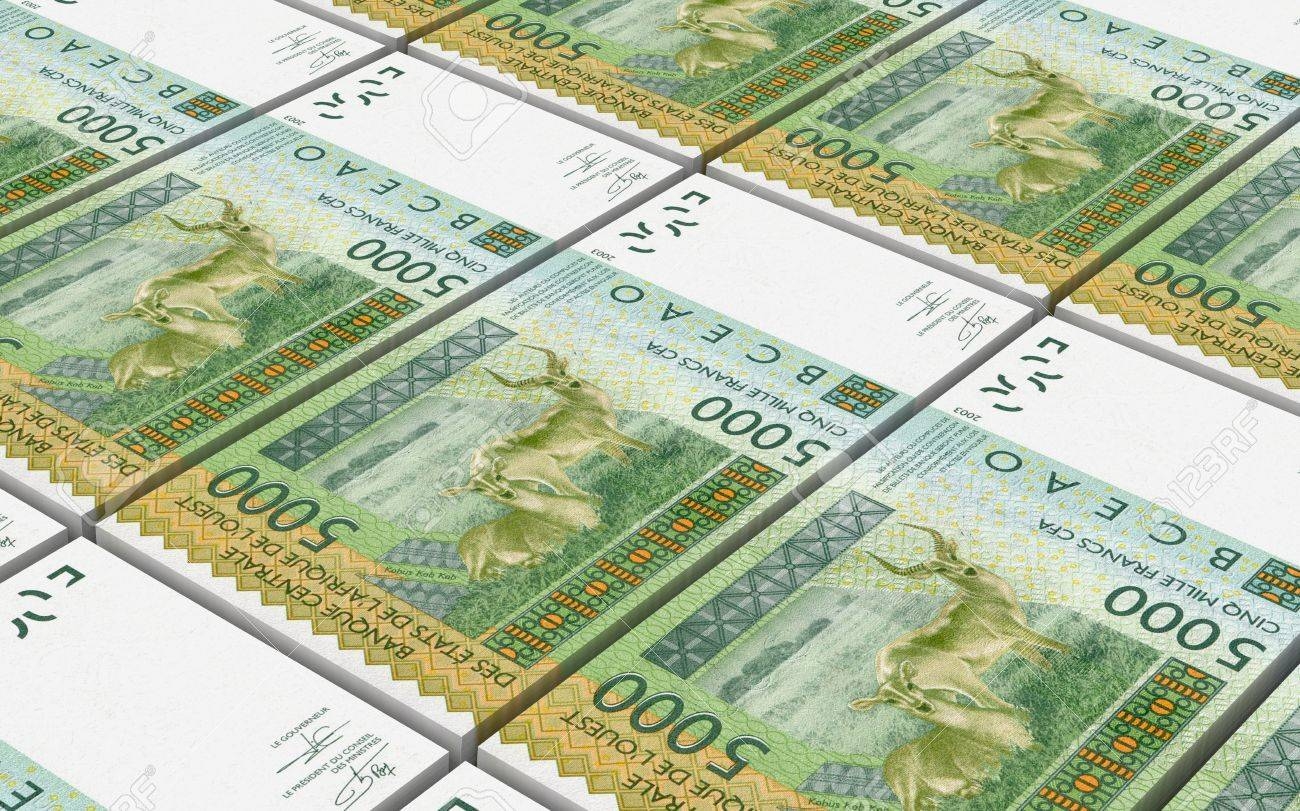
 Time to ditch the CFA franc?
Time to ditch the CFA franc?
Sharing a currency was supposed to help the CFA franc zone countries, but over the last decade, economic growth hasn’t matched the African countries not using the CFA franc. Recent protests and dissatisfaction amongst politicians and economists could spell reform or even abandonment of the CFA franc zone.
The CFA franc zone (African Financial Community) is the collective name of two economic unions: the Western African Economic & Monetary Union (WAEMU), and the Central African Economic & Monetary Community (CAEMC). Since its foundation in 1945, the unions use the same currency, the CFA franc, which has a fixed exchange rate to the euro.

Emmanuel Macron visits CFA franc zone member Burkina Faso
Although the zone and adoption of the CFA franc has been credited with bringing some financial stability to the regions, an increasing number of critics are labelling it a neocolonialist system. Fourteen countries make up the zone, and when combined account for 14% of the continent’s population and 12% of its gross domestic product.
The CFA franc zone has attracted criticism since its formation, economists in Africa have long questioned whether the currency is at all favourable to those that adopted it. One euro is exchanged at the fixed rate of 655.957 CFA francs, and critics argue this fixed rate harms the competitiveness of African economies, favouring imports from nations with a weak currency.
Arguably the most controversial feature of the zone is the control France holds over the zone’s economies. Monetary policies are taken from the European Central Bank, while France keeps hold of all excess foreign exchange reserves in the French treasury. These ‘operation accounts’ hold the equivalent of $20 billion and earn a mere 0.75% interest, the majority of the CFA franc zone members want their money kept in accounts they have direct control over.
Supporters of the CFA franc suggest the fixed exchange rate with the euro has helped to keep inflation low, and while inflation is far lower than the African average, many argue a low inflation rate means low job creation and slow economic growth. What’s more, although positioning itself as a stable currency, countries that have withdrawn from the CFA franc zone, such as Algeria, Morocco and Tunisia, often boast stronger economies than any current member.

The Algerian monument to independence
More and more people are becoming disillusioned with the CFA franc, struggling to recognise its benefits. It is unclear what the future holds for the currency and the zone altogether. Members of the Economic Community of West African States (ECOWAS) have long planned to introduce a new currency to be used amongst members, however, it will not enter circulation until 2020 at the very earliest, with further delay a likelihood.
Ndongo Samba Sylla, of the Rosa Luxemburg Foundation, predicts that the “CFA franc no longer has a future”, and while it is unclear whether this prediction will be realised, change is certainly on its way.
